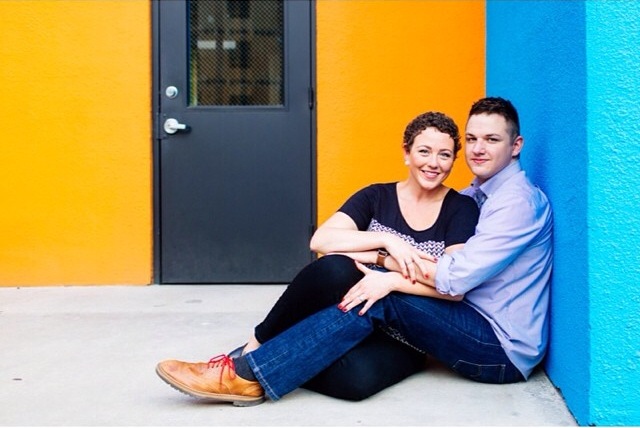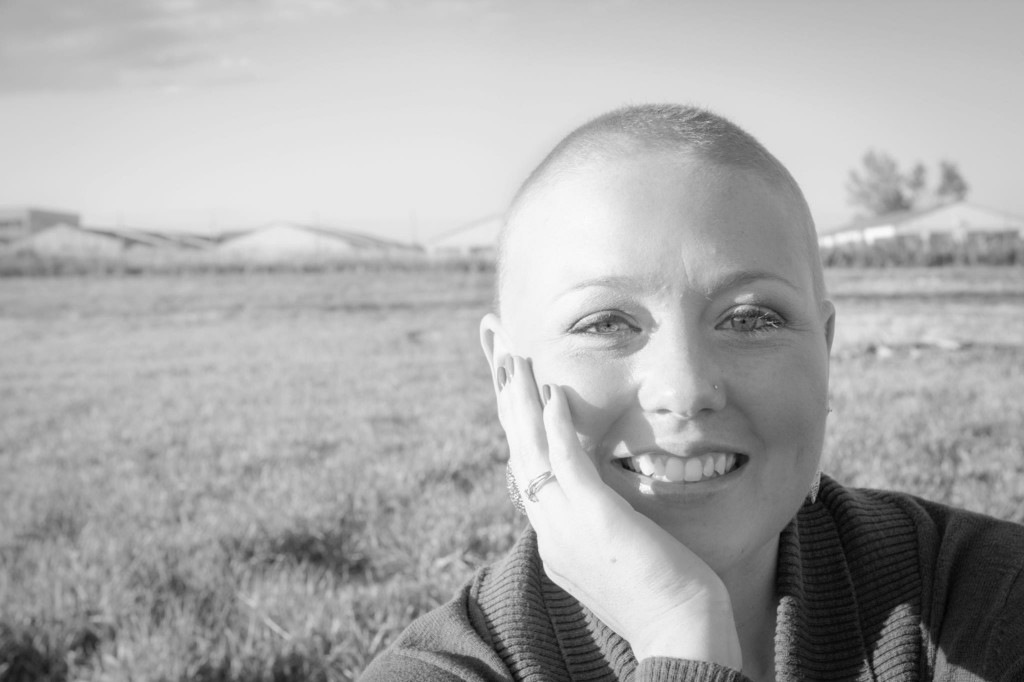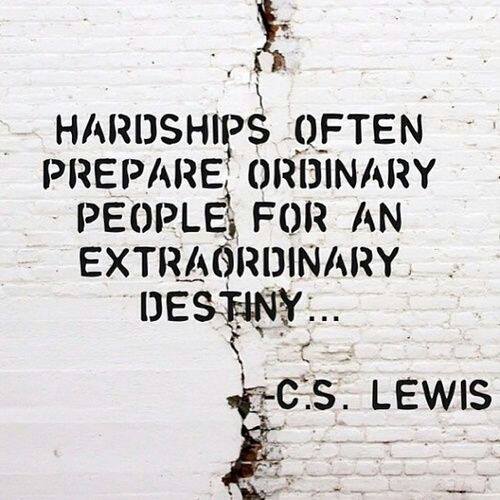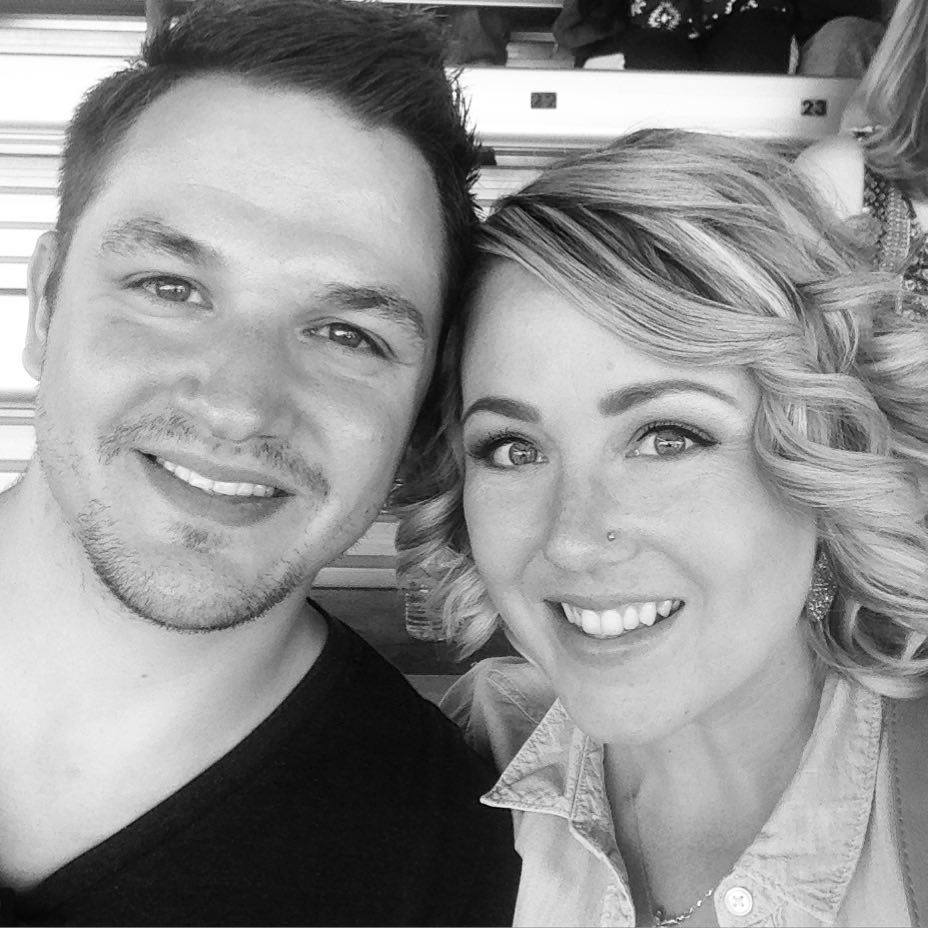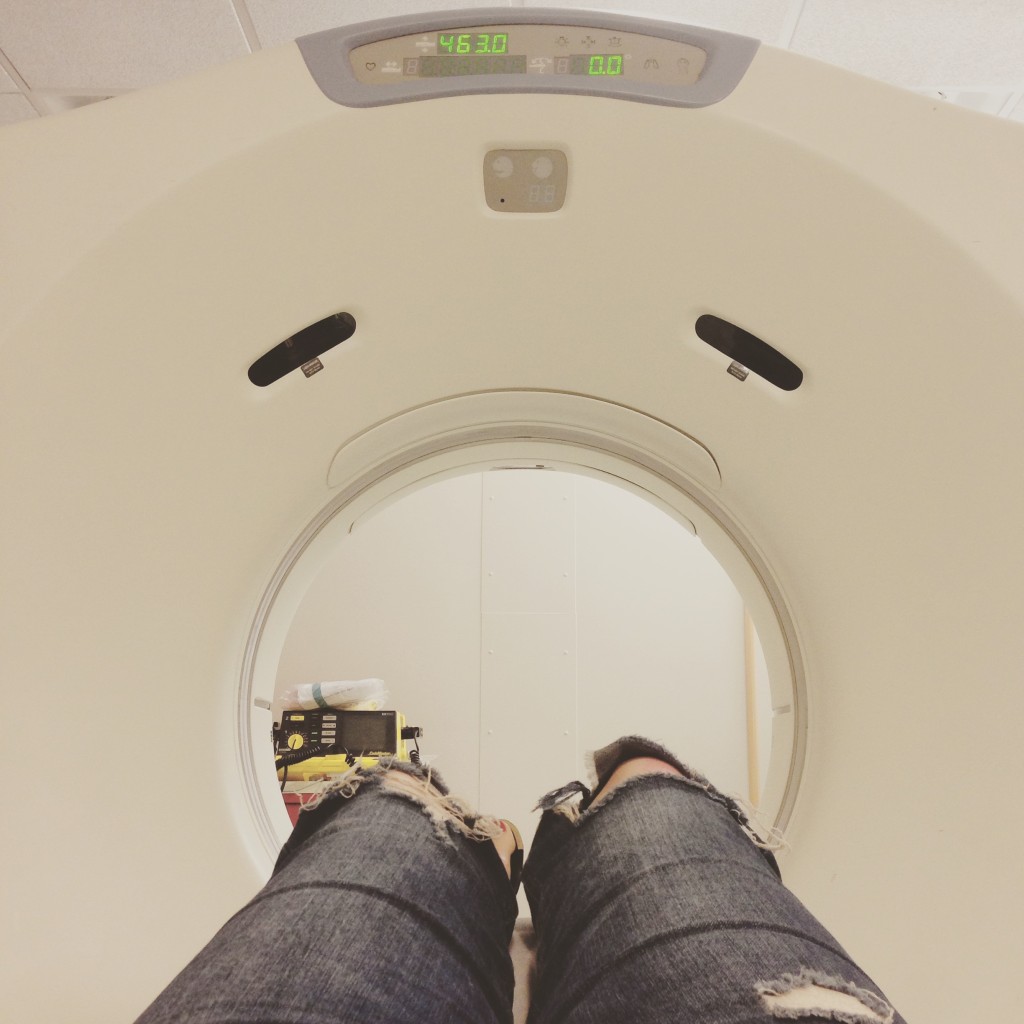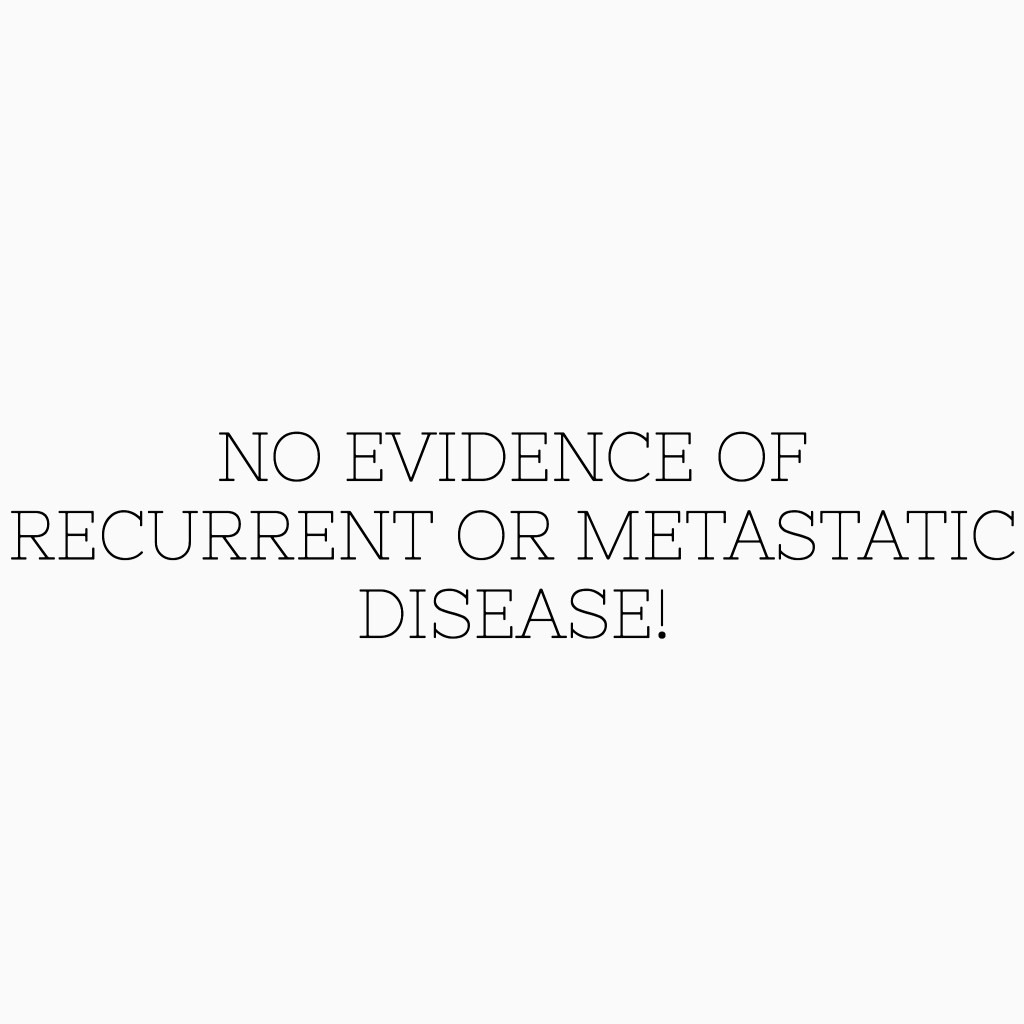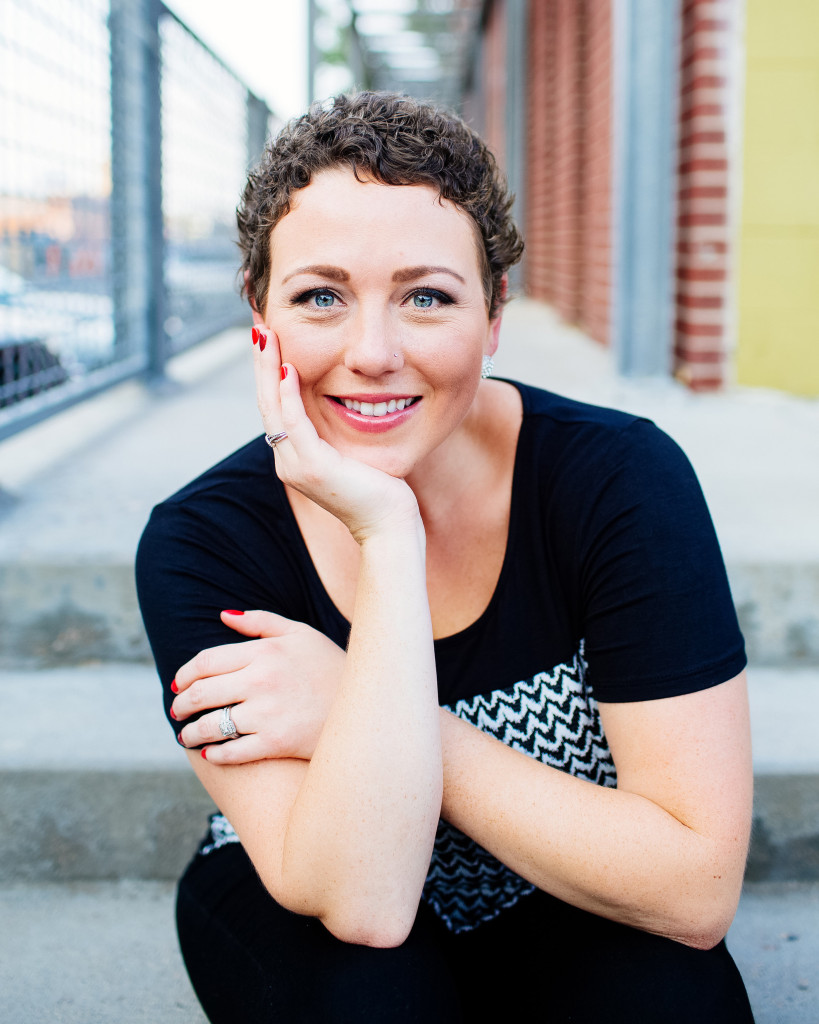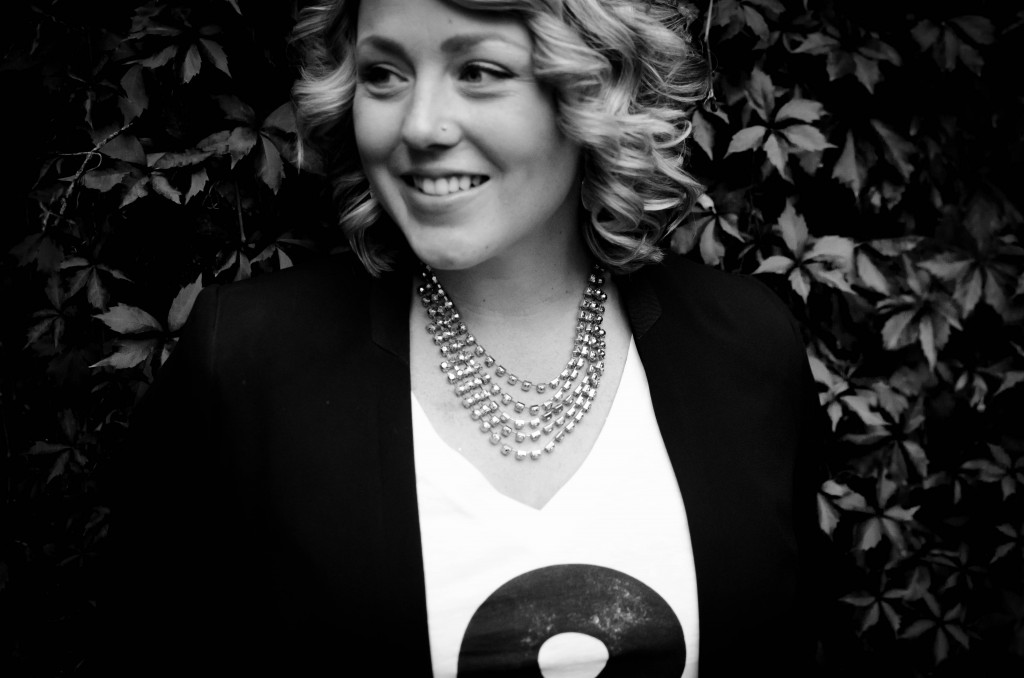
Life has a way of throwing curveballs. We’re all recipients of unwanted detours, closed doors, and unfortunate circumstances. In fact, I once heard that if you feel good about where you’re at and what you’re doing, be prepared, because it’s all about to come crashing down. I’d say that while it’s a rather fatalistic viewpoint, there is some truth to it. Life isn’t easy and it never will be. We all have seasons of greatness where everything seems to be going right, when stars align and favor shines down on us. But likewise, we each experience tragedy that seems to strike at all the wrong moments. Death, divorce, accidents, sickness. We’re all susceptible to unforeseen affliction. It’s not about avoiding or denying misfortune, it’s about being prepared for it. It’s about allowing tragedy to make us better and not bitter.
My husband and I were married on a beautiful, sunny day in June. We had a blissful romance. Our first date lasted for 9 hours and, by the second date, I knew I would marry him. We laughed, loved, and enjoyed each other. We might as well have had a Disney soundtrack playing behind us as we moved into our first home, spent many nights cooking together, and lived a fulfilling and abundant life. Then, right as we were gaining our newlywed momentum and forging our way as us against the world, life hit. 19 months after we shared our “I Do’s”, I was diagnosed with cancer and given a less than 20% chance to survive. Our curveball came barreling into our white-picket existence and we were left facing a tragedy of the highest magnitude.
It would be easy to be bitter after everything that’s happened since our wedding day in 2010. It would be natural to be bitter after the loss we’ve endured. It would be expected that bitterness would reside in our hearts after all of this time. But facing the end of your life will teach you something. And what we learned is that we have a choice to make in our struggle. We can become better or bitter, but we can’t have both. Be intentional about where your heart rests. Bitterness is sneaky and creeps in at the first drop of your guard. Here are 10 practical ways to be better instead of bitter.
- Choose Joy. And I’m not talking about happiness. There’s a distinct difference between the two. Happiness is an outward expression while joy is an inward decision. Happiness is a reaction to what’s going on around us. Joy is a conscious choice that no matter what happens, you will rise above. Choosing joy will transform the way you live. It will allow you to see beyond your circumstance to what really matters.
- Grieve, But Get Back Up. Grief is a normal response to a tragic situation. It’s okay to cry, scream, and get angry. It’s okay to eat an entire pint of ice cream to drown away your sorrows. Grief is healthy. Be sad. Be upset. Be hurt. But don’t stay there. Walk through those feelings, but make sure you continue to walk. Giving up in the middle of grief can swallow you whole. When you’ve finished your ice cream, set the spoon down. Holding onto grief can paralyze your process. If you want things to get better, feel it and follow through.
- Pick Your Friends Wisely. Some friends serendipitously fall into our lives while others are hard-earned. Remember, you are who you surround yourself with. If Bitter Betty is your bestie, her bitterness will most definitely rub off on you. Be mindful of how your friends make you feel. If they bring you down, cut them off. The same goes for certain family members. If you have a sibling/parent/cousin/etc that can’t stop crying over the spilt milk, step away. Find relationships that speak life into your circumstance. Everyone needs Positive Polly as a friend.
- Keep The Faith. No matter your religion or beliefs, have faith. Faith that it is going to get easier. Faith that there is a light at the end of the tunnel. Without belief in something, there can’t be a belief in anything. My faith in God rescued me from bitterness. He is my strength when I have none. He will make a way where there is no way. Have faith that where you are now is not where you will always be.
- Have Hope. Similar to faith, we must never lose hope. Hopelessness is a breeding ground for bitterness. Those who give up hope often fester in bitterness until the very end. When everything else fades away, hope will be your anchor. When catastrophe comes, hope will be the gentle salve that heals your wounds. Hope gives us a future perspective and allows us to grow through our trials.
- Be Intentional. Don’t drift. Complacency leads to dissatisfaction and resentment. Without intent we become victims. We fall prey to our tragedy. A victim mentality is a guarantee for bitterness. Every curveball has limitations, but living without intent allows our challenges to overpower every area. Maintain some level of normalcy and be intentional about how you spend your days. Sitting on the couch is a recipe for disaster during life’s battles. We rarely have the choice of what challenges we will face, but we do have the choice on how we will respond. Being intentional is a sure-fire way to take your power back.
- Find The Lesson. Though it may be the proverbial needle in a haystack, you can find lessons in your tragedy. I’m not referring to reason why the tragedy happened, but rather the wisdom you can glean from it. Every struggle can teach you something. My fight against cancer has completely changed my life. There are many disappointments that have resulted from my diagnosis, yet, because I’ve searched for the lessons, I’ve become a better person. I’ve learned more during my lowest points than I ever have in my highest.
- Count Your Blessings. It’s easy to focus on the negative in the middle of misfortune. Remember that life hasn’t always been and won’t always be difficult. We all have reasons to be thankful. Focusing on the positive things in your life will shield you against bitterness. Blessings block bitterness. It’s as simple as that.
- Get Healthy. Physically, emotionally, and spiritually. We all feel better when we feel better. When physically weak, get emotionally strong. When emotionally weak, go to the gym and grow those muscles! Pay attention to what you’re putting into your body. Eat what gives you life. Though few want to cook healthy meals and would rather opt for quicker and easier options when life gets hard, making healthier choices will pave the way towards a better life. Treat your body kindly, it’s the only one you get.
- Help Others. Your tragedy gives you insight into what others may be experiencing. Be what you needed when you were thrown a curveball for someone else. Serving others gives us an outward perspective and allows us to see life for more than what it may feel like in difficult seasons. There will always be someone else who has it worse. Reaching out and lending a helping hand betters not only you, but the one you’re serving.
Hebrews 12:15 (MSG)
“Make sure no one gets left out of God’s generosity. Keep a sharp eye out for weeds of bitter discontent.”


